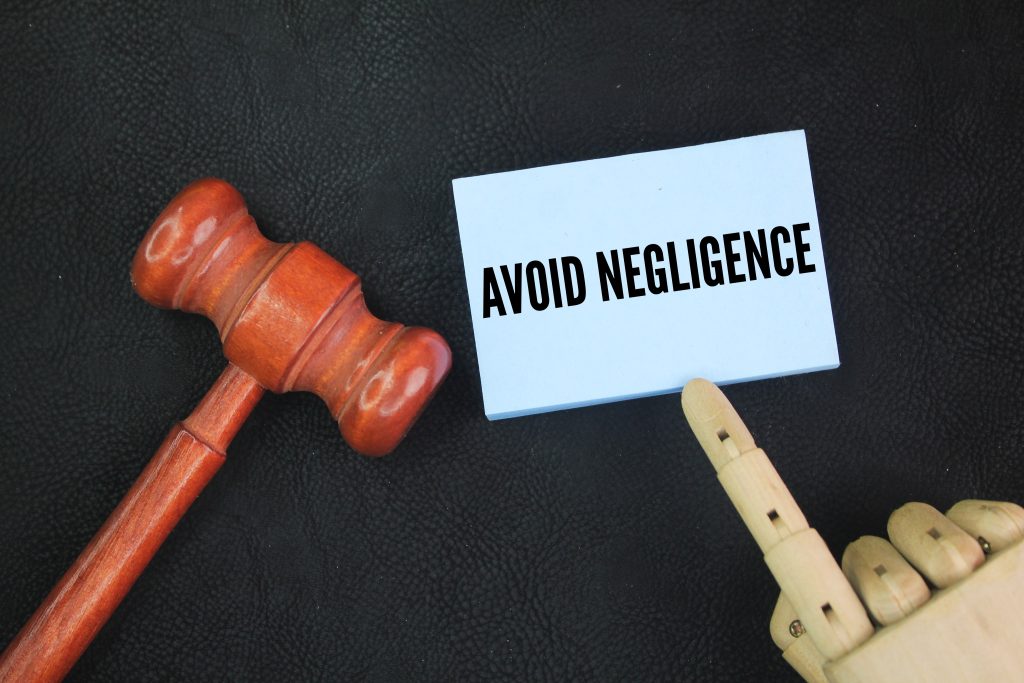What Is Negligence in Washington Civil Law?

Negligence is one of the most common bases for civil lawsuits in Washington. Whether it involves a car accident, a slip-and-fall, or a professional’s failure to meet accepted standards, negligence law determines when someone’s careless conduct becomes legally actionable. To prove negligence, a plaintiff must establish four essential elements: duty, breach, causation, and damages.
Duty of Care
Every negligence case begins with a duty of care—a legal obligation requiring individuals to act with reasonable caution to avoid harming others. For example, drivers must operate vehicles safely and obey traffic laws, while property owners must maintain their premises in a condition reasonably safe for visitors. The existence and scope of duty depend on the relationship between the parties and the foreseeability of harm.
Breach of Duty
A breach occurs when someone fails to act as a reasonably prudent person would under similar circumstances. This may involve an affirmative act—such as running a red light—or an omission, like failing to clean up a spill in a store aisle. In civil litigation, the question often becomes whether the defendant’s behavior fell below the standard of care recognized by law.
Causation
Even if a breach is proven, the plaintiff must also show that the defendant’s conduct caused the injury. Washington courts analyze both cause in fact (“but for” the defendant’s actions, would the injury have occurred?) and legal or proximate cause (was the harm a foreseeable result of the conduct?). Establishing causation can be straightforward in some cases, such as a rear-end collision, but more complex when multiple factors contribute to the injury.
Damages
Finally, the plaintiff must prove actual damages—a measurable loss resulting from the defendant’s negligence. This may include medical expenses, lost wages, property damage, or pain and suffering. Without a demonstrable injury, there is no viable negligence claim, regardless of how careless the defendant’s conduct may have been.
Everyday Examples
Negligence principles appear in countless real-world scenarios. A store that fails to warn customers about a wet floor may be liable for injuries from a slip-and-fall. A driver who texts behind the wheel may face responsibility for resulting accidents. Even professionals—such as landlords, contractors, or business owners—can face negligence claims when their inattention to safety leads to harm.
The Importance of Legal Representation
Negligence law in Washington requires careful analysis of facts, foreseeability, and the standard of care. At the Law Office of Erin Bradley McAleer, we represent clients in a wide range of personal injury and civil negligence matters, from motor vehicle accidents to unsafe property conditions. Our attorneys thoroughly investigate each case to establish liability and pursue fair compensation for our clients’ losses.
If you’ve been injured due to someone else’s negligence, contact our Vancouver office today to discuss your rights and legal options.